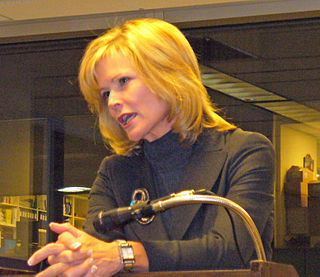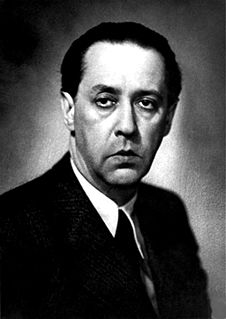A Quote by Donald A. Norman
We delude ourselves if we believe that skilled behavior is easy, that it can come about without effort. We forget the years of tuning, of learning and practice it takes to be skilled at even the most fundamental of human activities: eating, walking, talking, reading, and writing. It is tempting to want instant gratification - immediate expert performance and experiential pleasure - but the truth is that this primarily occurs only after considerable amounts of accretion and tuning.
Quote Topics
About
Activities
After
Behavior
Believe
Come
Considerable
Delude
Easy
Eating
Effort
Even
Expert
Forget
Fundamental
Gratification
Human
Immediate
Instant
Instant Gratification
Learning
Most
Occurs
Only
Ourselves
Performance
Pleasure
Practice
Primarily
Reading
Skilled
Takes
Talking
Tempting
Truth
Truth Is
Tuning
Walking
Want
Without
Writing
Years
Related Quotes
I wrote about Freud and the process of sublimation, which is when you learn to stop breast-feeding, or stop going to the toilet whenever you want to. It's about learning to repress a desire for instant gratification. And in a repressed society, artists fulfil a sense of harking back to instant gratification, or immediate expression, by doing things that function on the edge of society, or outside of what is conventionally accepted.
Write all the time. I believe in writing every day, at least a thousand words a day. We have a strange idea about writing: that it can be done, and done well, without a great deal of effort. Dancers practice every day, musicians practice every day, even when they are at the peak of their careers – especially then. Somehow, we don’t take writing as seriously. But writing – writing wonderfully – takes just as much dedication.
Meditation practice is like piano scales, basketball drills, ballroom dance class. Practice requires discipline; it can be tedious; it is necessary. After you have practiced enough, you become more skilled at the art form itself. You do not practice to become a great scale player or drill champion. You practice to become a musician or athlete. Likewise, one does not practice meditation to become a great meditator. We meditate to wake up and live, to become skilled at the art of living.
If I can't practice, I can't practice. It is as simple as that. I ain't about that at all. It's easy to sum it up if you're just talking about practice. We're sitting here, and I'm supposed to be the franchise player, and we're talking about practice. I mean listen, we're sitting here talking about practice, not a game, not a game, not a game, but we're talking about practice. Not the game that I go out there and die for and play every game like it's my last, but we're talking about practice man. How silly is that?
Vienna, to me it was the tuning fork for the entire world. Saying the word Vienna was like striking a tuning fork and then listening to find what tone it called forth in the person I was talking to. It was how I tested people. If there was no response, this was not the kind of person I liked. Vienna wasn't just a city, it was a tone that either one carries forever in one's soul or one does not. It was the most beautiful thing in my life. I was poor, but I was not alone, because I had a friend.


































